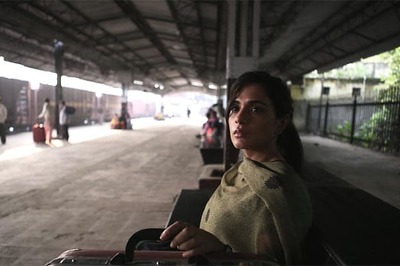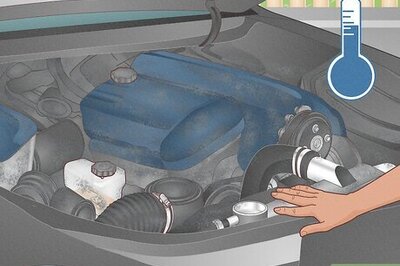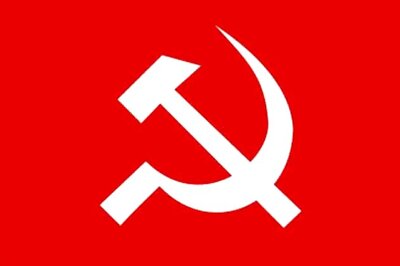
views
Andhra Paradesh enjoys the one of the highest statistics of domestic tourism in the country. But according to the state minister for tourism, Vasanth Kumar, majority of these numbers actually constitute pilgrim tourism; tourists who come to visit Tirupathi or many of the other temple cities like Srisailam, Badrachalam, Basara and so on. But Andhra as such enjoys a lot of scenic beauty as its terrain is decorated with mountains, rivers, the sea coast and a bustling wildlife.The Andhra Padesh tourism department has taken it upon itself to promote these lesser known places, which do not hold a religious significance, to the rest of the state to increase domestic tourism that is not pilgrimage driven. To that effect, they have introduced mixed packages that take tourists to more than just one place. These packages are fashioned like a private tour package where activities might be involved and tourists get a taste of not just the usual popular sights and sounds. In a conversation with the vice chairman and managing director of the Andhra Pradesh development corporation, Sandeep Kumar Sultania, he spoke of their strategy which has been in place for around six months now.“The tourism in Andhra is divided into different categories.The tourist places come under three categories.Our focus has now shifted to category three.” He further explained, the categories are determined on how popular a place is and how active tourism is in that place. So category one has places like Tirupathi, Hyderabad, Visakhapatnam which are on the map and has active private tourist agencies. Category two has slightly lesser popular places like Vijaywada and Puttaparti where again private agencies play a major role. Category three are the much lesser known and lesser developed places like Basar, Gandikota, Vikarabad where the government, due to its resources, has developed monopoly.The hotels/resorts/guest houses that have been set up here, might not actually run a profit. Says Sultania, “It's just easier for the government to run a tourist spot like that despite the losses as compared to a private operation. The point is to promote the place.” An investment like that, if marketed properly, should turn profitable in the long run.But can the government, in its zest to promote, maintain the pristine state of these places? “Every place has a carrying capacity. As long as we regulate that, there really shouldn't be a problem,” says Sultania.The APTDC is now inviting private players to category three places to increase the tourist influx. “These agencies can copy the same package as us or run our packages for a commission or even utilise our facilities to run their own custom-made package. Our ultimate goal is to make holidaying not just a trip to a temple.”EN HANCING THE EXPERIENCEThe APTDC has come up with a feedback system that enables tourists/customers direct access to a higher-up who can sort out problems.An SMS based complaint system allows the tourist to send a message with their complaint which is forwarded by the call-center to the next four people in the hierarchy, reaching the managing director. This way, the pressure is on the immediate personnel available at the venue, to settle the issue. “What really makes the system work is that I am constantly in the loop and the people responsible for managing the grievance know that. So things get sorted out faster and I am notified.” He also added that in the three months that the system has been in place, the number of complaints have reduced and the frequency of the same complaint repeating has been cut down drastically.“As far as I know, this (system) is the first-of-its-kind in the hospitality sector in the country. Where else or which hotel allows its customer to access the MD unless you are somebody,” he says.All in all, the APTDC seems to have gotten more ambitious and is trying to re-invent itself while still being the same.


















Comments
0 comment